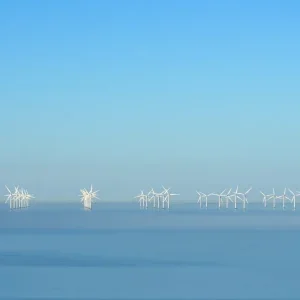 Researchers from the School of Medicine and the School of Engineering & Applied Science are working on the project to engineer microbes which can make biofuels from a toxic waste product of papermaking called lignin, independent of food crops.
Researchers from the School of Medicine and the School of Engineering & Applied Science are working on the project to engineer microbes which can make biofuels from a toxic waste product of papermaking called lignin, independent of food crops.
The project also involves production of biofuels that have potential to totally replace petroleum-based fuels.
As part of the research project, the team is studying a type of bacteria, called Rhodococcus opacus (R. opacus), which was originally discovered growing on toxic compounds outside a chemical plant.
The researchers said: “These bacteria thrive on these toxic compounds, using them as a source of food for the production of biofuels.”
Dantas said that the compounds that R. opacus grows on are not just random toxins.
“These compounds are related closely to lignin, complex polymers that make up roughly 30 percent of plant matter.
“Our team is using a combination of chemistry, systems biology and synthetic biology to try to process lignin plant matter into biofuels that can be added directly to current petroleum-based engines.”
The grant from the US DOE will support research in five Washington University labs including the Foston lab, which will focus on developing chemical transformation processes that extract lignin from biomass and create a flexible process that generates compounds R. opacus essentially likes to eat.
The grant will also be used by the Moon lab to develop the synthetic biology tools needed to engineer and improve R. opacus strains for fuel production. The Dantas lab aims to sequence the DNA and RNA of R. opacus as it adapts to more efficiently process the raw (and toxic) biomass.
Additionally, the grant supports Tang and Garcia Martin labs which will use computer models and machine learning to map the interconnecting networks of genes and metabolism in order to predict what the microbe will do under a given set of circumstances.
The Zhang lab will focus on processing the compounds made by the bacteria, into refined forms of fuel that so closely resemble petroleum or diesel.
Image: The cultures of bacterial strains that can turn toxic compounds into the precursors of biofuels. Photo: courtesy of William R. Henson/ Washington University in St. Louis.






